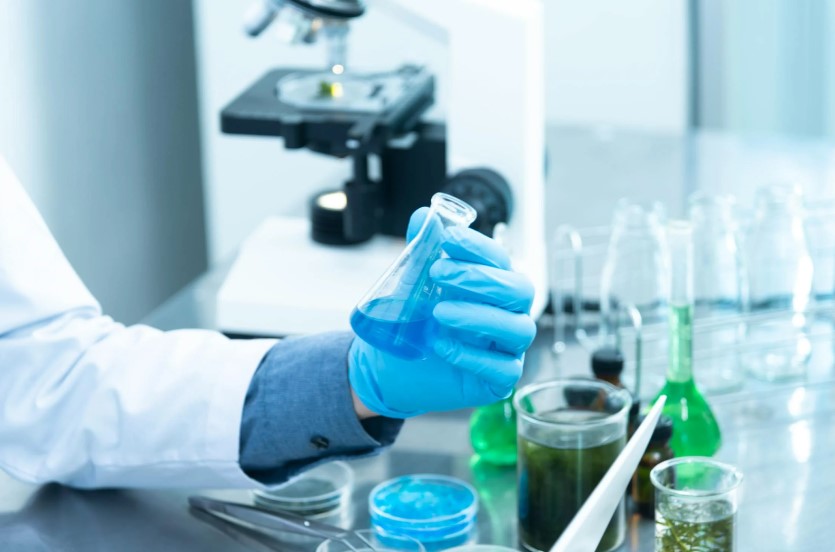
Understanding Allergy Tests in London: What to Expect
Living with eczema, asthma, hay fever, conjunctivitis, or severe allergic reactions can significantly impact your quality of life.
In such cases, seeking advanced allergy testing becomes a must. This article aims to guide you through the process, expectations, and more, highlighting everything you need to know about allergy testing in London.
Getting Allergy Testing in London
A comprehensive visit, including consultation and diagnostic testing, may take up to 90 minutes. This approach eliminates the need for multiple visits. However, patients can opt for separate testing visits if preferred.
To enhance the consultation’s effectiveness, it is recommended to bring previous medical records, medications, and, if applicable, samples of allergens like fruits or vegetables. Additionally, sharing any relevant information about previous specialist appointments is advised.
The Consultation Process
When visiting an allergist in London, the consultation is an important starting point. During this session, a thorough history of the issue is taken, allowing patients to share concerns and ask questions.
The allergist may perform a physical examination, followed by tests like skin prick testing or blood tests, especially if asthma is suspected. The results and recommendations are then summarized in a letter sent to the patient and their referring doctor.
What to Expect During a Blood Test Appointment
Preparing for a blood test appointment involves a brief fasting period if required, though certain tests may not necessitate it. Upon arrival, a healthcare professional will guide you through the process, explaining the procedure and addressing any concerns.
The actual blood draw typically takes a few minutes, involving a needle prick, and is generally well-tolerated. Afterward, you may resume normal activities.
Results are usually available within a few days, depending on the specific tests conducted. It’s advisable to follow any pre-test instructions provided by the healthcare provider for optimal accuracy.
Allergy Blood Tests

When it comes to allergy testing, blood tests are an important diagnostic tool. Understanding the nuances of these tests is essential for making informed decisions about your health.
At these clinics, allergy blood tests are performed with precision, measuring specific IgE antibodies to various allergens. These tests include specific IgE tests, component testing, and protein microarrays, each offering unique advantages based on individual clinical contexts.
The most common type, the specific IgE test, is routinely offered by most hospitals and GP surgeries in London. It measures the amount of specific IgE to a particular allergen, providing valuable information about the likelihood of a genuine allergy.
However, this should not be confused with IgG testing, which is widely available online but lacking scientific validity for allergy diagnosis.
Component testing takes allergy testing a step further by examining specific component proteins that make up a particular food or plant. This nuanced approach allows for better diagnostic information, especially in cases of cross-reactivity with other allergens.
Another innovation, protein microarrays like the ISAC or ALEX test, requires minimal blood but provides extensive information on various allergens. However, it’s noted that while cost-effective, these tests cannot be tailored to specific clinical contexts.
Accuracy Of Allergy Blood Tests
Additionally, it addresses potential additional charges for blood tests and emphasizes the importance of discussing payment and insurance details with the facility. Despite being valuable tools, the accuracy of allergy blood tests requires careful interpretation to avoid misdiagnosis.
Skin Prick Tests
Skin prick tests, widely used in allergy clinics, are instrumental in identifying immediate allergies. To ensure accuracy, individuals must stop antihistamine use four days before undergoing the test.
The procedure entails applying allergen extracts to the forearm and puncturing the skin with a lancet. Expert interpretation is important for a reliable allergy diagnosis, as it aids in discerning the significance of skin reactions and providing patients with precise information about their allergic sensitivities.
All in All
Getting allergy tests in London is not just about finding out what you’re allergic to. It’s a way to understand and handle allergies better. This detailed guide highlights how allergists in London are committed to helping patients by providing expert advice, personalized care, and support.
It assures patients that they’re in good hands, giving them confidence and information as they go through allergy testing.

